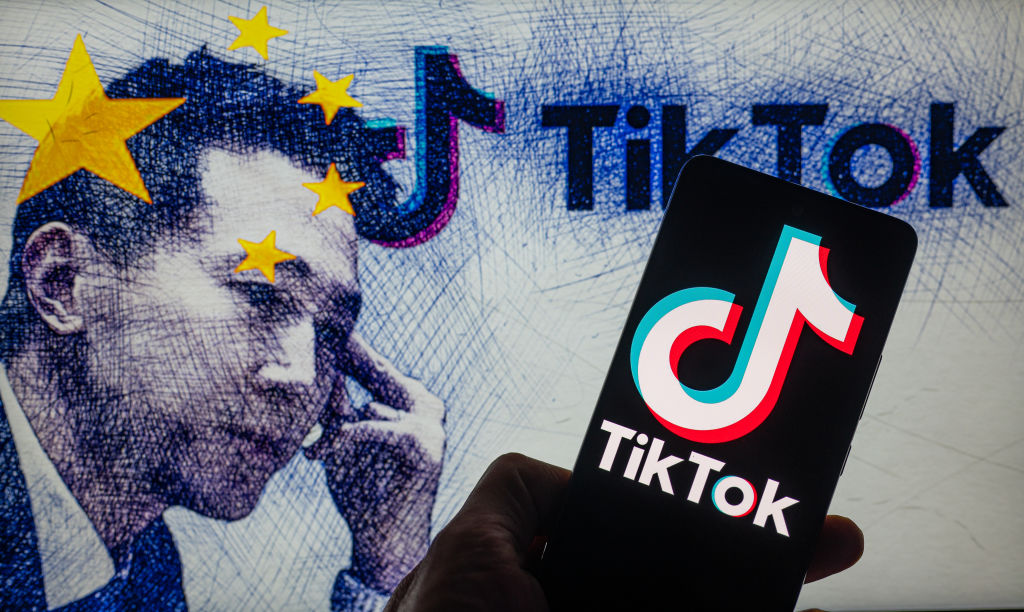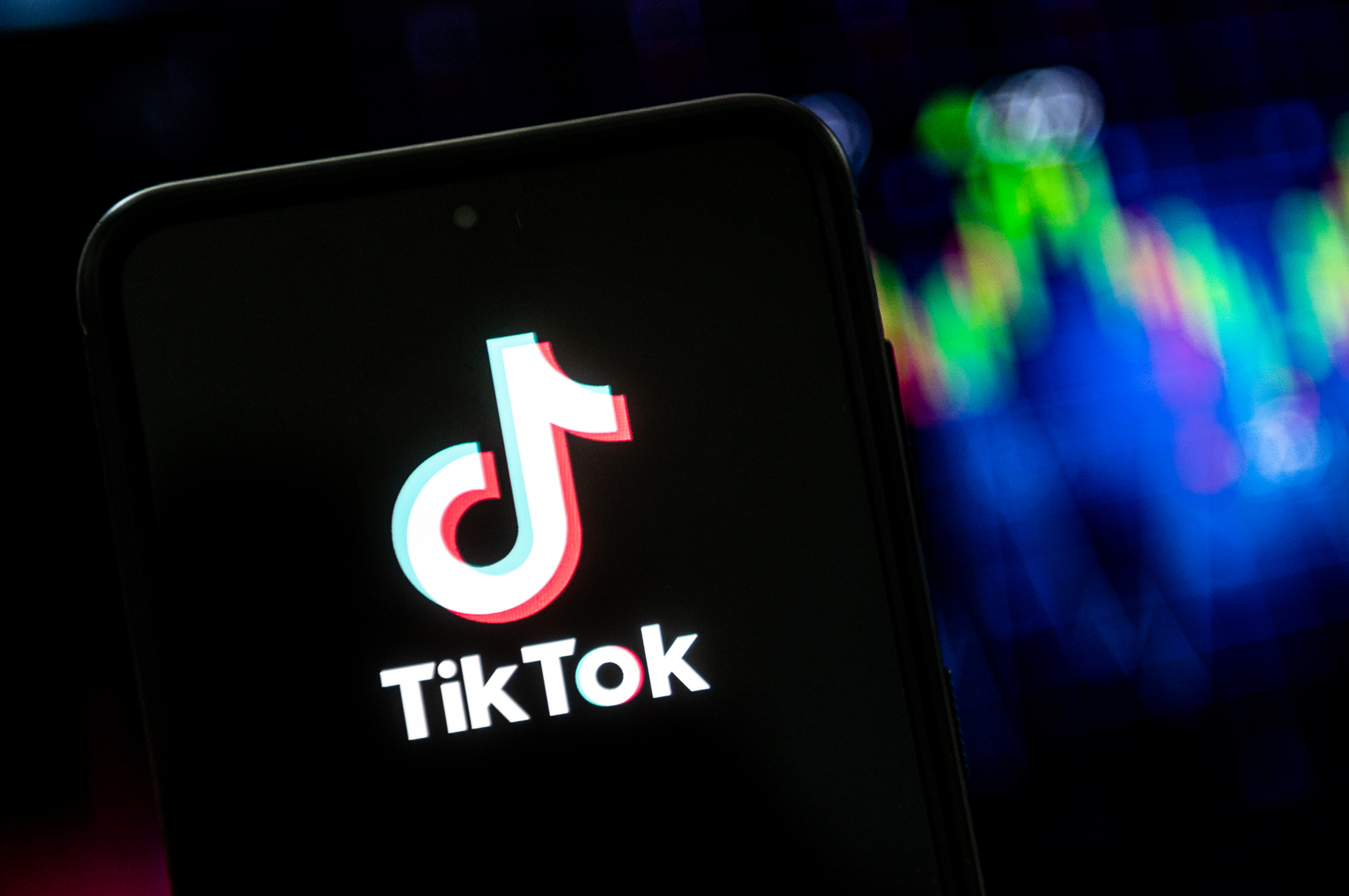Media: Does TikTok have a future in the U.S.?
The popular app has been the subject of intense scrutiny

A free daily email with the biggest news stories of the day – and the best features from TheWeek.com
You are now subscribed
Your newsletter sign-up was successful
The smartest insight and analysis, from all perspectives, rounded up from around the web:
Not since Prohibition made alcohol sales illegal have Americans talked about banning a product used by as many Americans as TikTok, said Shira Ovide in The Washington Post. Washington is worried about the ubiquitous short-video app's ties to China. And indeed, experts agree it's conceivable that "TikTok and other Chinese technology companies could be Trojan horses for the Chinese Communist Party to harvest data on Americans or spew propaganda." Lawmakers have been making that case for years. But in all that time they have yet to produce "specific evidence of harm." Maybe there is "classified information on the threat of Chinese technology," but the American people need a better answer than "Trust us, TikTok is bad."
Nobody came out looking good last week when Congress hauled in TikTok's CEO, Shou Zi Chew, for questioning, said Kyle Chayka in The New Yorker. "The proceedings, like Mark Zuckerberg's Senate hearings in 2018 around the Cambridge Analytica scandal," created "a rare occasion for bipartisan unity." The antagonism toward TikTok's China ties was evident, but House members, often sounding very shaky on tech details, also tried "to cast the company as a scapegoat for the sins" of all social media companies and their algorithms. Videos mocking the lawmakers drew millions of views — where else? — on TikTok. At the same time, Chew struggled to convince committee members that TikTok could be protected from Chinese influence. "His boilerplate commentary gave the impression that his bosses at ByteDance had forbidden him from saying anything of much substance."
The Week
Escape your echo chamber. Get the facts behind the news, plus analysis from multiple perspectives.

Sign up for The Week's Free Newsletters
From our morning news briefing to a weekly Good News Newsletter, get the best of The Week delivered directly to your inbox.
From our morning news briefing to a weekly Good News Newsletter, get the best of The Week delivered directly to your inbox.
However many users it has, there just aren't "downsides" to the country in a TikTok ban, said Noah Smith in his Substack blog, Noahpinion. "China banned Google and Facebook and any number of U.S. apps and platforms," and it compels U.S. companies to "toe the CCP line on Taiwan, Hong Kong, Xinjiang, or any other issue the Chinese government cares about." The U.S. has "wielded no such 'sharp power' against China," clinging to its principles on globalization. But it's not clear what America has "derived from this arrangement other than a feeling of self-righteousness." The internet didn't end up liberalizing China, it just ended up making U.S. citizens "more subject to the diktats of foreign authorities." TikTok, specifically, has had "four years to save itself," said Tim Culpan in Bloomberg. The Trump administration first floated the idea of a ban in 2019. That TikTok executives "did not shift the needle on public opinion, especially among policymakers, is a major failing." If TikTok gets barred from the U.S., it's deserving of its fate.
Maybe the U.S. can justify closing down TikTok, but the price is abandoning "the idea that Americans should be allowed to access information from around the world on their own terms," said Adi Robertson in The Verge. And of course we'd be shutting down the speech of all the American users who've devoted their energy to the platform. We're moving toward a future where we can import nearly anything from China but speech. If that sounds familiar, it's because we've decided that "the only way to beat China is to join it."
This article was first published in the latest issue of The Week magazine. If you want to read more like it, you can try six risk-free issues of the magazine here.
A free daily email with the biggest news stories of the day – and the best features from TheWeek.com
-
 6 of the world’s most accessible destinations
6 of the world’s most accessible destinationsThe Week Recommends Experience all of Berlin, Singapore and Sydney
-
 How the FCC’s ‘equal time’ rule works
How the FCC’s ‘equal time’ rule worksIn the Spotlight The law is at the heart of the Colbert-CBS conflict
-
 What is the endgame in the DHS shutdown?
What is the endgame in the DHS shutdown?Today’s Big Question Democrats want to rein in ICE’s immigration crackdown
-
 TikTok: New owners, same risks
TikTok: New owners, same risksFeature What are Larry Ellison’s plans for TikTok US?
-
 TikTok secures deal to remain in US
TikTok secures deal to remain in USSpeed Read ByteDance will form a US version of the popular video-sharing platform
-
 TikTok reportedly planning to open fulfillment centers to compete with Amazon
TikTok reportedly planning to open fulfillment centers to compete with AmazonSpeed Read